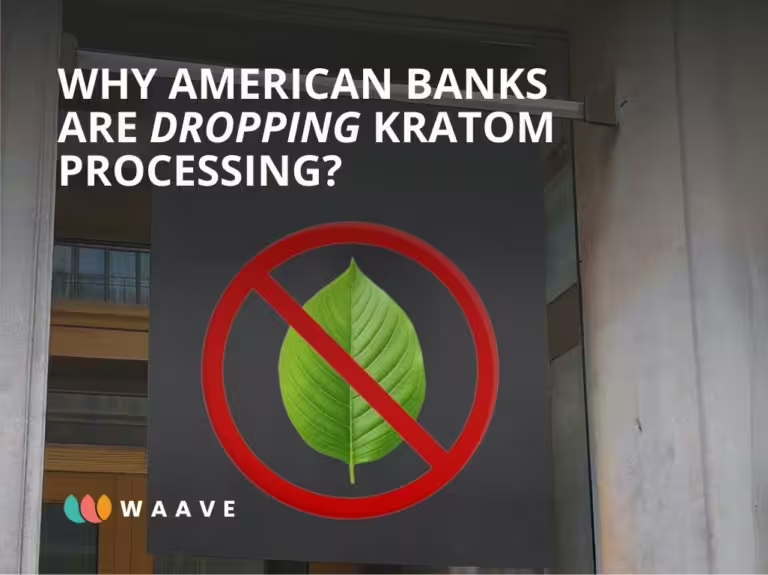For many kratom sellers across the United States, recent banking practices have become a significant pain point. With banks increasingly dropping kratom processing, numerous businesses are encountering hurdles that affect operations and customer trust. So, why is this happening, and what might the future hold for kratom payment processing?
The Role and Challenges of ISOs
Independent Sales Organizations (ISOs) serve as a bridge between merchants and acquiring banks, facilitating payment processing. Much of the current predicament stems from ISOs not fully implementing the necessary setups for these high-risk environments. Some accept kratom sellers without adequately informing banks or aligning with the stringent settings required to navigate the high-risk nature of the kratom industry. This negligence leads to banks eventually stepping back, fearing regulatory repercussions or reputational damage, as they may inadvertently process payments for products under federal scrutiny.
The Hurdles of Identity Verification
Another significant obstacle facing kratom merchants is the difficulty of implementing robust ID checks. Such measures are essential to ensure a legal purchase, as it is required in Florida or Tennessee. However, complexities in establishing foolproof systems can pose compliance risks, making banks wary of providing their services to kratom businesses. Effective ID verification is not just about obeying the law; it’s about protecting the business and its banking partnerships from the potential fallout of unintentional non-compliance.
Legislative Adaptability: A Continuous Struggle
Keeping up with legislation presents its own set of challenges. Laws surrounding kratom are in a constant state of flux and can vary dramatically from one jurisdiction to another. For banks, the effort to continuously monitor and adapt to these changes for a single merchant category often doesn’t justify the perceived risk. The dynamic landscape of kratom regulation demands that merchants remain ever-vigilant, a task easier said than done in a market characterized by its rapid evolution and the diverse legal interpretations across different states.
Case Comparison: The Colorado Lawsuit
The recent lawsuit in Colorado highlights a situation with parallels to the kratom industry’s struggles. In this case, the state sued a business for allegedly selling marijuana as hemp and not doing ID checks, thus bypassing regulatory restrictions. This situation underscores the importance of clear labeling and ID verification, reflecting similar issues faced by the kratom industry — the thin line between compliance and misrepresentation.
As with kratom sellers, this case shows that businesses operating in spaces with highly controlled substances face intense scrutiny from both regulators and the public. Failing to meet required standards — knowingly or not — has severe repercussions, including litigation and lost banking services.
Conclusion
Understanding the ‘why’ behind the banking industry’s hesitance to embrace kratom processing is the first step towards finding solutions. By addressing the issues at their core—whether it’s really understanding what ISOs are doing, enhancing ID verification processes, or staying ahead of legislative changes—kratom sellers can begin to mitigate the risks. And with specialized support from companies like WAAVE, there’s a clear path forward for those navigating the intricate dance of compliance within the kratom industry.
Silvana Carpanelli-Hayes is a Tech Entrepreneur, celebrated for her contributions to fintech innovation. Her visionary approach led to the creation of a pioneering ordering and payment system for restaurants in Singapore, revolutionizing customer transactions and service efficiency, culminating in its acquisition in 2019.
Following this success, she turned her attention to an even more ambitious project, WAAVE. As the founder and CEO of this innovative company, Hayes is dedicated to revolutionizing payment systems within high-compliance industries.
Her cutting-edge work at WAAVE aims to bridge the gap for sectors like CBD, Kratom, Nutras, and Vapes, providing merchants with secure and compliant transaction solutions in a market where conventional banking services often fall short. Hayes’s vision extends far beyond payment processing; she is a trailblazer in advocating for and implementing regulatory tech that ensures businesses operate within legal confines while maximizing efficiency and profit. Her expertise and foresight continue to redefine and empower the financial landscape for high-risk commerce.




